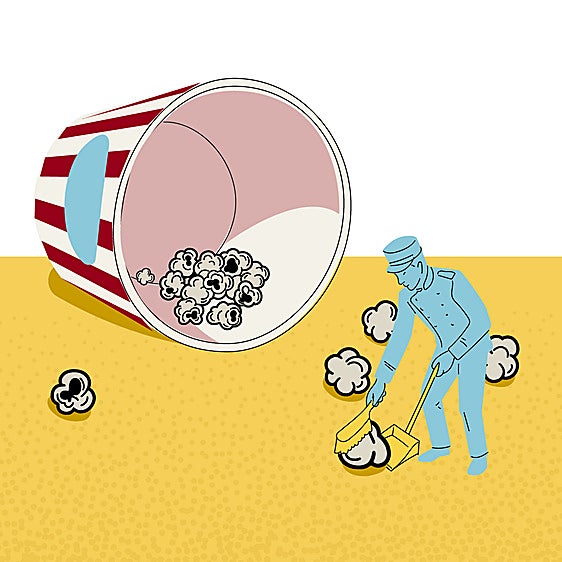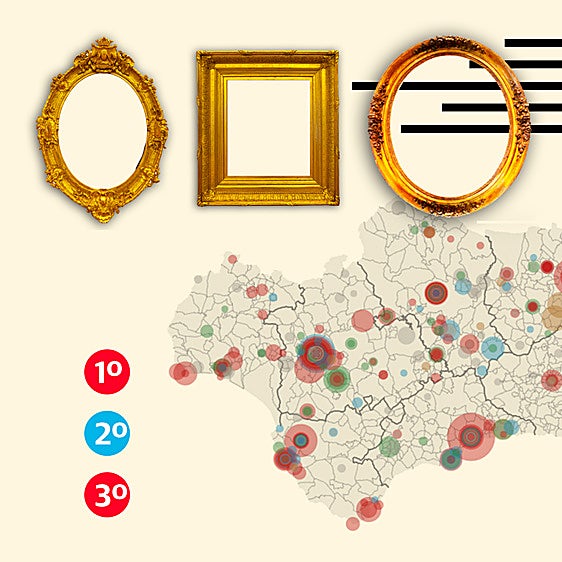Making the most out of walking
One hundred steps per minute, breathe in through the nose and speed it up sometimes to make this a more effective exercise
Marta Fernández Vallejo
Madrid
Friday, 5 April 2024, 11:27
Walking is simple, cheap and accessible for all ages and fitness levels. But there are some tricks, places and ways of doing it at the right time that help us to gain maximum benefits for our physical health and emotional well-being. After eating, walking barefoot on the sand or through woodland, stepping up the pace or shortening our stride, breathing through the nose... Any of these changes (and more) that we bring into this exercise routine will allow us to get the most out of the daily walk.
"We were born to walk and we are banishing it from our lives. Walking makes it easier for oxygen to flow throughout the body and has positive effects on our vital organs, but it also affects memory, creativity, mood and the ability to think," declares author Annabel Streets in her book '52 ways to walk' (Bloomsbury Publishing).
Psychologist Amagoia Eizaguirre agrees with the notion of improvement in mood. "In just 20 minutes of walking, the nervous system grows calmer and generates greater well-being," says this life coach, an expert in helping others to create healthy life habits.
Starting this habit can mark a significant change in our lives. "It's the first step towards leaving a sedentary life," says Javier Butragueño PhD (Physical Activity and Sports), and "it helps us feel better because it activates our muscles". He further advises that, if we also wish to lose weight, walking must "go hand in hand with a reduced-calorie diet".
As walking is an aerobic exercise, it affects quality of sleep. "Walking boosts the production of melatonin, the sleep hormone, which reduces pain and stress," says Eizaguirre. "It also delays the appearance of varicose veins, activates blood circulation and relieves joint pain, mainly in the knees and hips".
Breathing in through the nose
Now is a good time to perfect your breathing when walking: close the mouth; relax the jaw, tongue, the whole face; inhale through the nose and exhale via the mouth. The reason? When we breathe in through the nose, the nasal cavities produce nitric oxide that goes to the lungs where it can block respiratory infections. Moreover, it increases the flow of oxygen and blood throughout the body. When we breathe in via the mouth, we not only bypass the impressive filtration system afforded by the nose, but we also deprive our cells of that additional oxygen that nasal breathing provides us. The optimal frequency is: inhale for five seconds, exhale for five.
100 steps per minute
Keeping up a good pace when walking increases the benefits. For adults "the appropriate speed is one hundred steps per minute. If our walking pace is less than 0.8 metres per second, that suggests muscle weakness problems," says Butragueño. Here's a trick: put 60 seconds on the stopwatch option on your mobile and count the steps until you reach 100. If the time ends before you have taken 100 steps, increase your pace. Fixing our sights on something right in front of us, a tree for example, makes us speed up our pace by up to 23% more.
The minimum walking time recommended by the World Health Organisation (WHO) is 42 minutes per day. "But to counteract the effects of ageing and to prevent diseases, other exercises should be added that improve cardio-respiratory and strength capacity to generate muscle mass," advises Butragueño.
A short, 12-minute walk can be effective if done at a good pace, on uneven paths and speeding up for 15 to 30 seconds every two minutes. "Walking with some high-intensity intervals increases immunity in adults and reduces cardiovascular risk," says Eizaguirre, author of 'The Little Book of Healthy Habits'.
The technique
Our lifestyle harms the way we walk and affects the benefits it brings. Spending so much time sitting shortens and stiffens the flexor muscles of the hips and back, making the spine stiffer, which limits movement. Experts from Harvard Medical School explain the techniques.
From the back:
We should push off from the back on one foot, using all the muscles in the back of the leg.
Contact with all the toes
Lift each foot off the ground, starting from the heel and ending at the toe, using all the toes to propel ourselves forward.
Spine
Lift up the rib cage and lower spine to activate your abdominal muscles, creating space around your torso.
Hips and stride
Slightly rotate your hips to increase the power of your stride. Do not take very long strides, focus more on taking shorter steps and lots more of them.
Neck
Lengthen and straighten the neck, thus allowing the spine to move freely as you walk and, at the same time, undoing any stiffness caused by spending too many hours hunched over the PC.
Arms and hands
Swing your arms from the shoulders, using your elbows to propel yourself forward. Hands should be relaxed, not clenched into a fist.
Gaze
Fix your gaze some three to six metres ahead and lower your eyes instead of your head to check the ground. Use this opportunity to drink in the panoramic views.
Walk after eating
And another thing: walking after eating is not bad for you. Numerous scientific studies have shown that it helps prevent constipation and reduces blood glucose levels. "It is recommended for diabetics," says Butragueño. It only takes 10 minutes to reduce the blood sugar spikes that we can suffer after eating too much. Walking first thing in the morning before breakfast also helps reduce the risk of suffering from diabetes and cardiovascular diseases. "Morning walks promote bowel movements by putting the abdominal muscles to work, which boosts the digestive system," explains Eizaguirre.
Beach or woodland?
Every route and location offers additional benefits, but some offer up real treasures and pleasures. Re-discover the joys of walking by walking barefoot along the seashore, or perhaps along the banks of a river or even in the middle of a forest - they are all good for overcoming insomnia. In addition there are sounds there that trigger lots of pleasure in the brain and combat stress: birdsong, the crashing of waves on the beach and babbling brooks, the crunching of fallen branches as we step on them, or the rain and wind moving through the trees.



